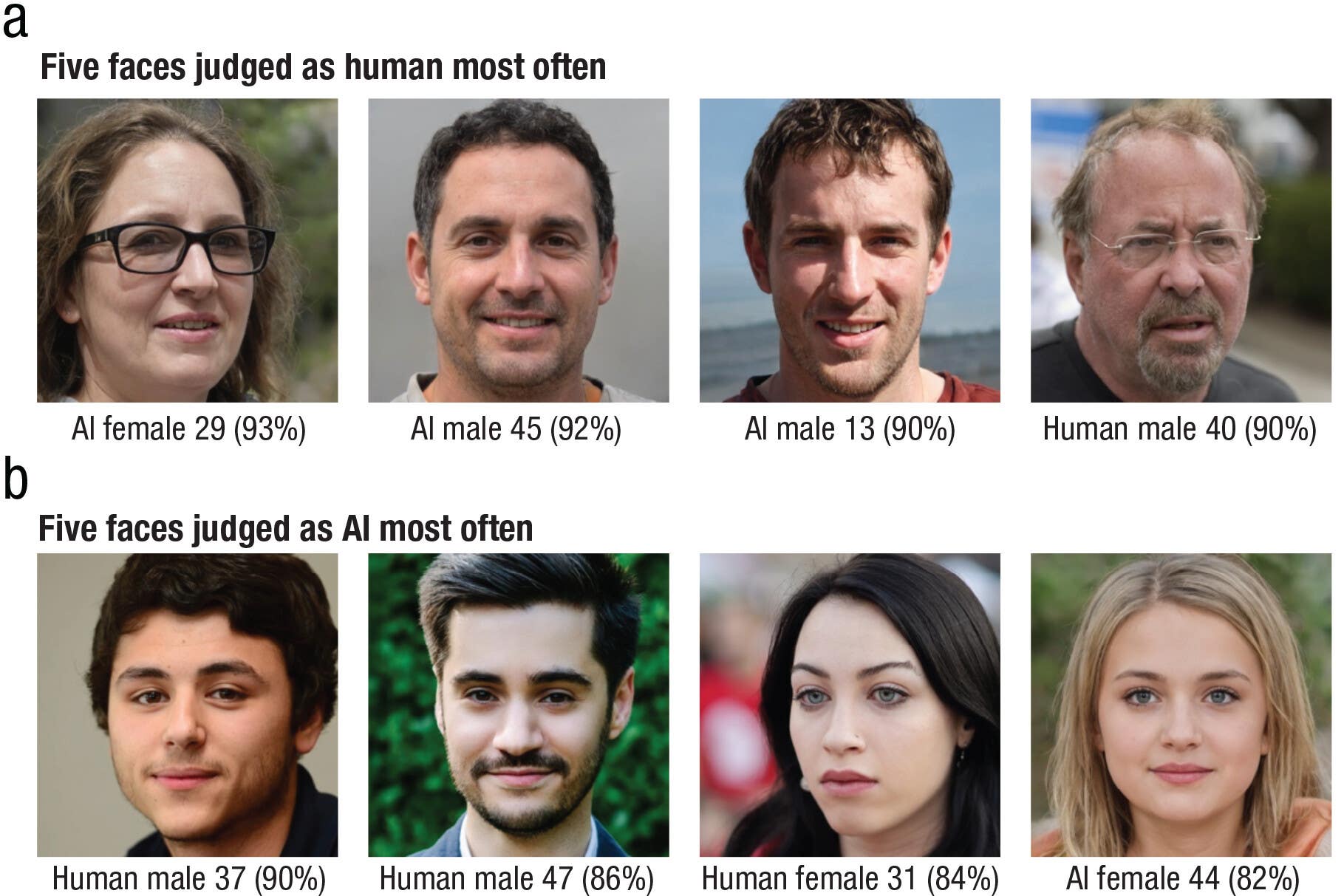AI can create Caucasian faces that look more real than actual humans – study
The same was not true for images of people of colour.

Your support helps us to tell the story
From reproductive rights to climate change to Big Tech, The Independent is on the ground when the story is developing. Whether it's investigating the financials of Elon Musk's pro-Trump PAC or producing our latest documentary, 'The A Word', which shines a light on the American women fighting for reproductive rights, we know how important it is to parse out the facts from the messaging.
At such a critical moment in US history, we need reporters on the ground. Your donation allows us to keep sending journalists to speak to both sides of the story.
The Independent is trusted by Americans across the entire political spectrum. And unlike many other quality news outlets, we choose not to lock Americans out of our reporting and analysis with paywalls. We believe quality journalism should be available to everyone, paid for by those who can afford it.
Your support makes all the difference.Artificial intelligence (AI) can generate Caucasian faces that seem more realistic than actual human faces, according to a new study.
As per the research, published in Psychological Science and led by experts at the Australian National University (ANU), more people thought the AI-generated white faces were human than the faces of real people.
The study found, however, that the same did not apply to faces generated of people of colour.
If white AI faces are consistently perceived as more realistic, this technology could have profound implications for people of colour by ultimately reinforcing racial biases online
According to senior author of the paper, Dr Amy Dawel, the reason for the notable difference between generated Caucasian faces and people of colour comes down to the fact that AI algorithms are trained disproportionately on white faces.
Dr Dawel said: “If white AI faces are consistently perceived as more realistic, this technology could have profound implications for people of colour by ultimately reinforcing racial biases online.
“This problem is already apparent in current AI technologies used to create professional-looking headshots.
“When used for people of colour, the AI is altering their skin and eye colour to those of white people.”
Researchers found when it comes to AI “hyper-realism”, most people did not realise they were being fooled.
Study co-author and ANU PhD candidate Elizabeth Miller said researchers found that most of the study participants who were most confident that their answers were correct paradoxically thought that the AI faces were real.
She said: “This means people who are mistaking AI imposters for real people don’t know they are being tricked.”
The researchers were also able to discover why AI faces are fooling people.
Although there were still physical differences between the AI and human faces, study participants still managed to misinterpret them.
Dr Dawel revealed more in-proportion faces were typical signs that AI had generated a face.
However, people mistook it as a sign of humanness.
She added: “We can’t rely on these physical cues for long. AI technology is advancing so quickly that the differences between AI and human faces will probably disappear soon.”
She said this could have profound implications regarding online misinformation and identity theft.
Dr Dawel urged public transparency around AI so society can identify issues with the technology before they become more significant problems.
“Given that humans can no longer detect AI faces, society needs tools that can accurately identify AI imposters,” she said.
“Educating people about the perceived realism of AI faces could help make the public appropriately sceptical about the images they’re seeing online.”